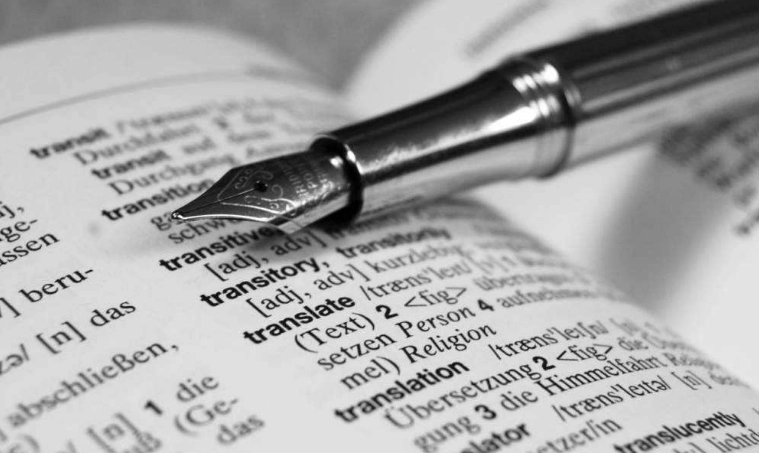At most law firms, when documents need to be translated, it is common practice to request estimates from several translation companies and then choose the cheapest one.

This is not unreasonable. Clients are more cost conscious than ever and are less likely to obtain expensive legal translations. Unfortunately, the cost of fixing a bad translation is much higher than the cost of getting an accurate translation, not to mention the spillover costs of embarrassment and possibly even damage to your case.
Here are seven factors to consider when choosing a legal translation company.
1. Quality
Quality is the most important factor. But how do you determine if a company provides quality legal translations? Translation is not a science, and there is no such thing as a perfect document translation. However, it makes sense to learn more about a company's quality control procedures, how they select and vet translators, and how they proofread completed translations. What is their process for handling translation errors? If the translation company cannot answer these questions to your satisfaction, you should be wary of entrusting your documents to them.
2. ISO Certification
While ISO certification does not guarantee accurate legal translations, it does indicate that the translation company has a proper quality management system and documented quality assurance processes in place. While not infallible, it is certainly better than no certification at all. Since many established translation companies are ISO certified, you are better off with a company that is ISO certified.
3. Legal expertise
Ask about the qualifications of their legal translators and the number of years they have been translating legal documents, and proofread the process. If your case involves technical subjects, make sure that the translators they assign have relevant educational and experience backgrounds.
4. Reputation
How long has the agency been in existence? Has anyone from your company worked with them in the past? Ask for references to projects of similar scope and subject matter.
5. Responsiveness
Ask how long the project usually takes. Most translation companies can provide an estimate within an hour or two. However, some companies, especially larger ones, may take longer. Do they offer after-hours or weekend service? Is the responsiveness able to meet the translation needs of the client at any time.
6. Scale
Bigger doesn't necessarily mean better. In a large company, you may deal with different project managers and translators for each project, and the quality of translation work may vary from project to project. If you are not a large client, you may have to wait longer to get a quote, receive impersonal service, and give the impression that your business is lower on the priority list. On the other hand, it makes sense to work with a firm that is large enough to handle the variety of language and technical expertise you may need within the necessary turnaround time. As with many things: choose a translation company that is not too small or too big, but "just right" for your needs.
7. Price
Price is always an issue, and in this economic climate, clients are more sensitive than ever. While quality (not price) should ideally be the most important factor, once you've determined that the translation company you're considering is properly qualified, it certainly makes sense to compare costs, and many translation companies offer low rates that cover only the cost of translation - proofreading and typesetting are charged extra. Their rate per thousand words may be lower than other services, but the final total price will be much higher. Be sure to ask what is included in the translation estimate to request an estimate of additional costs and give a final estimated quote.
